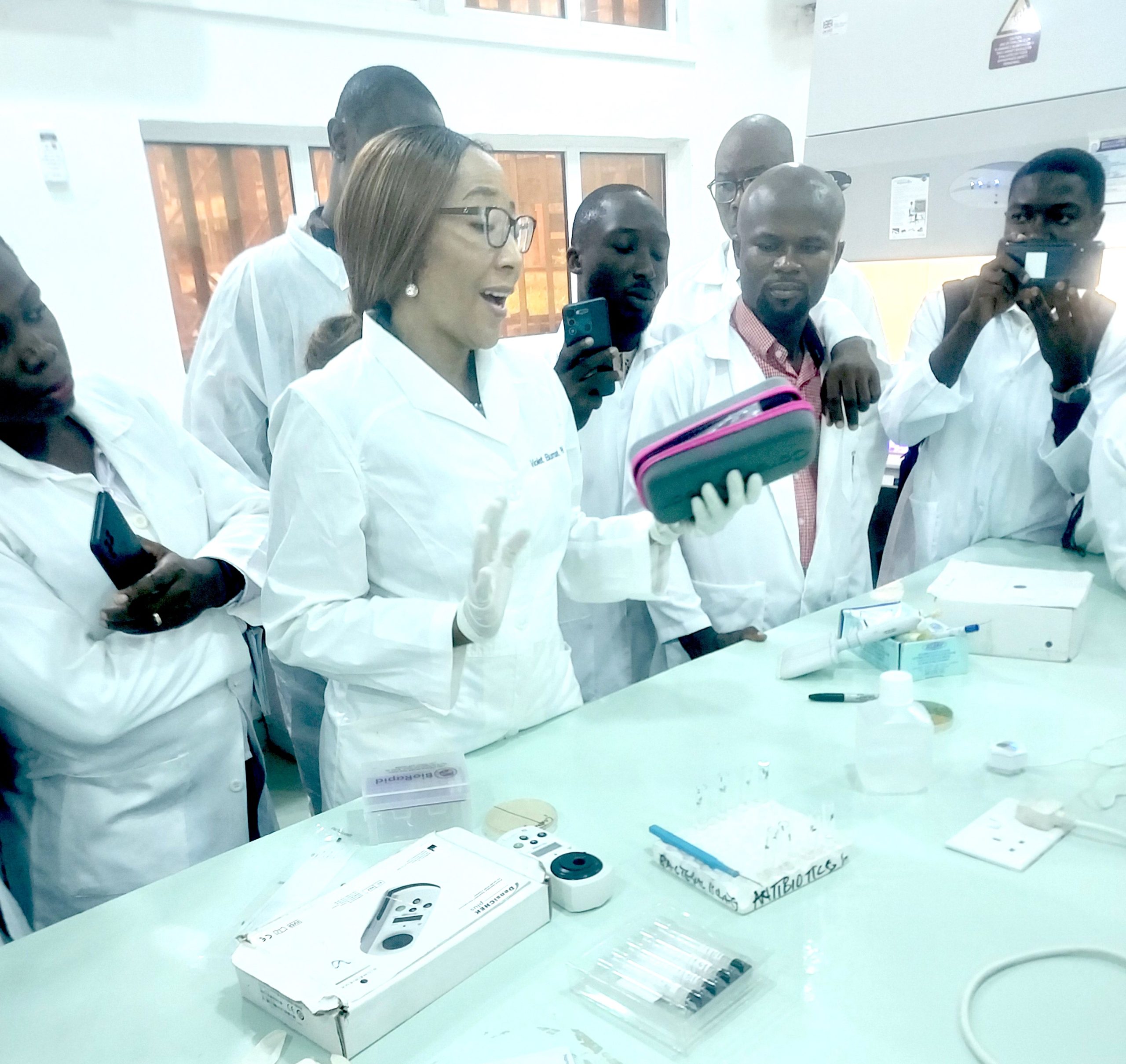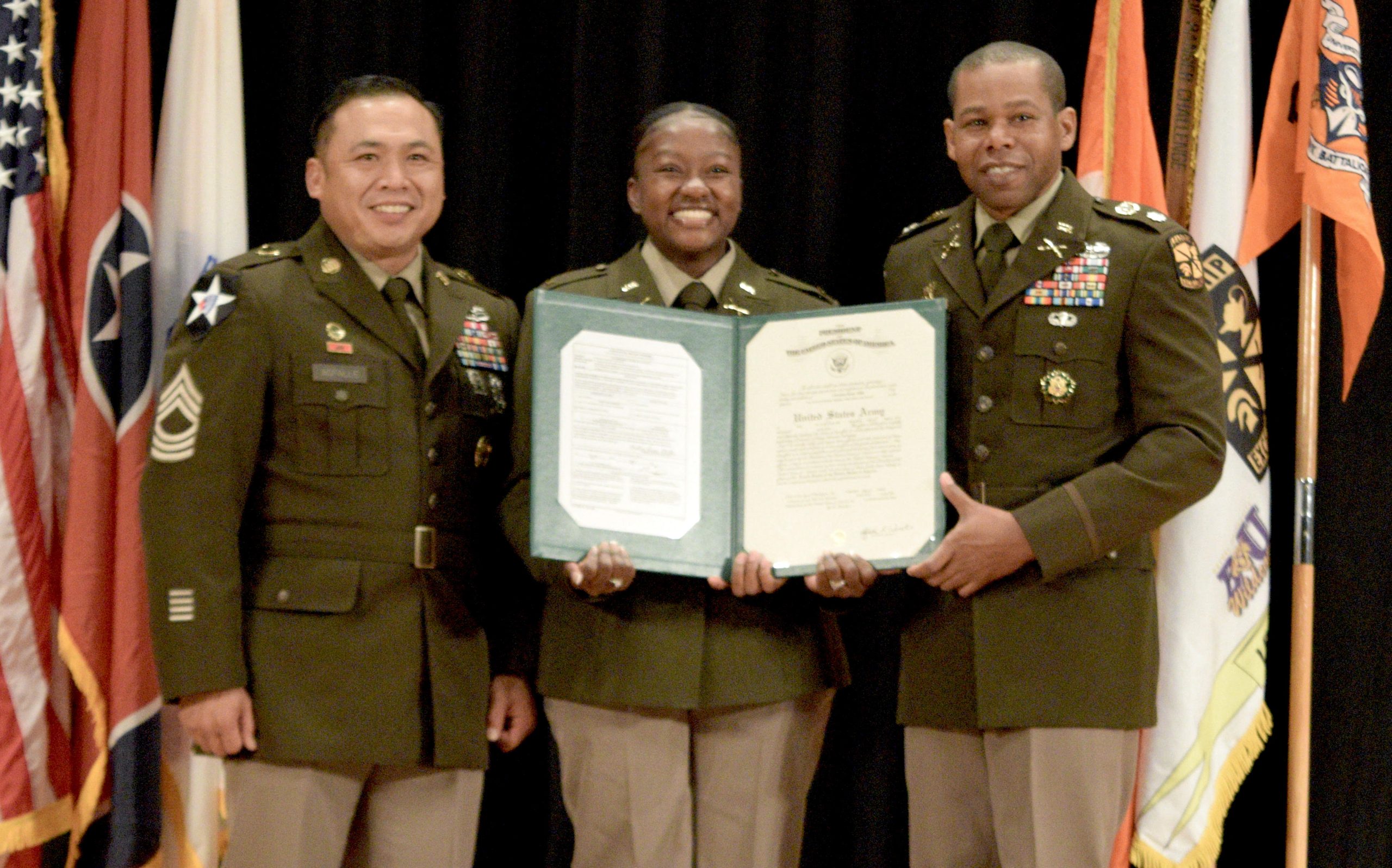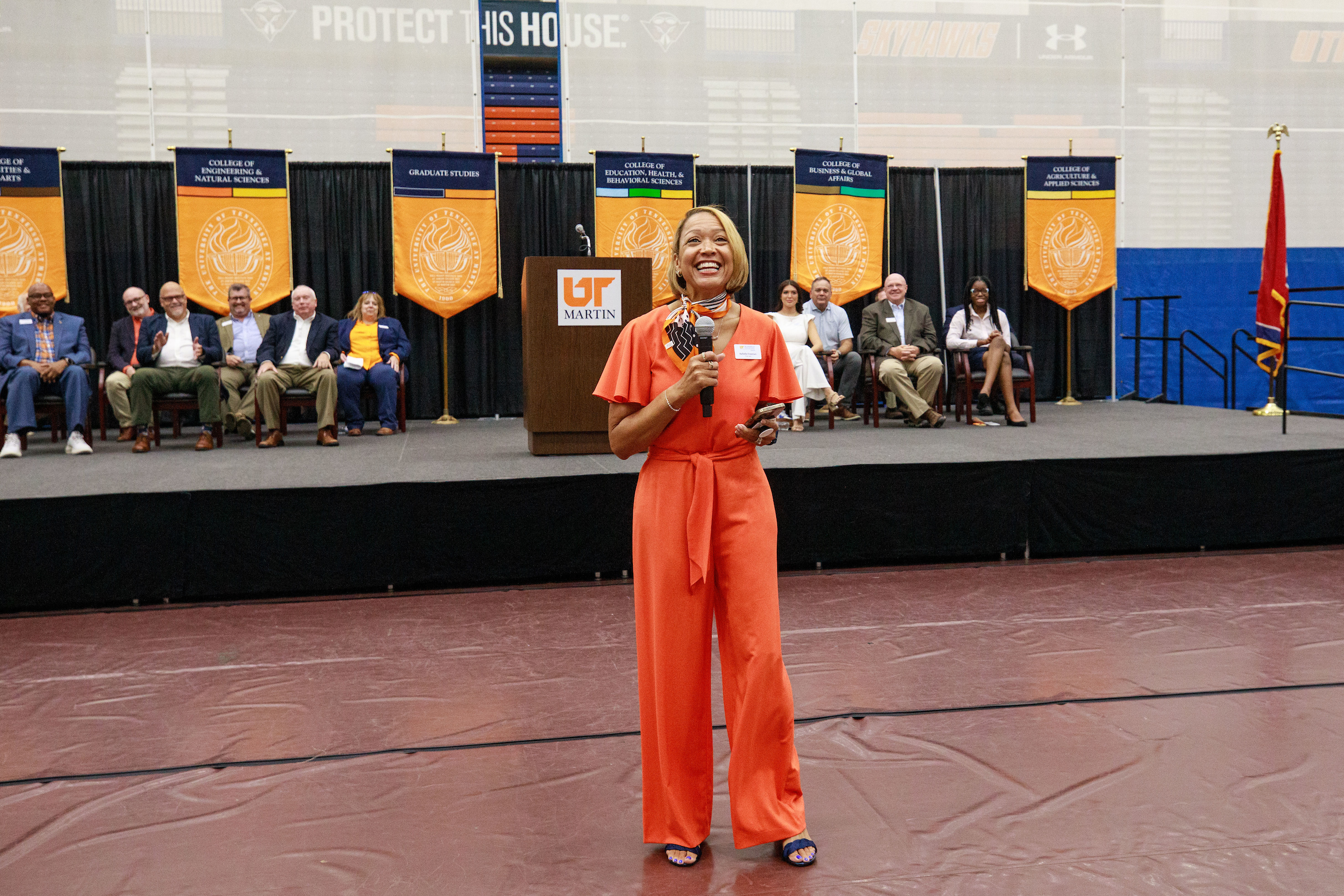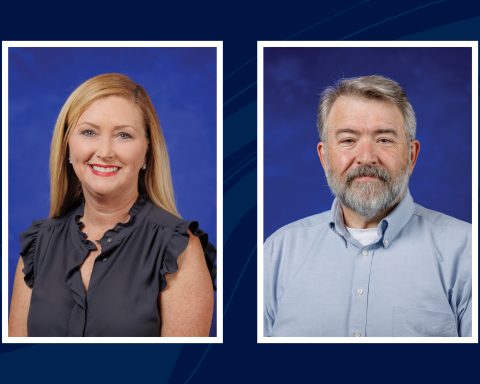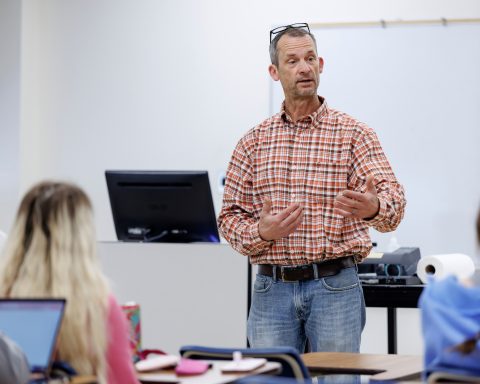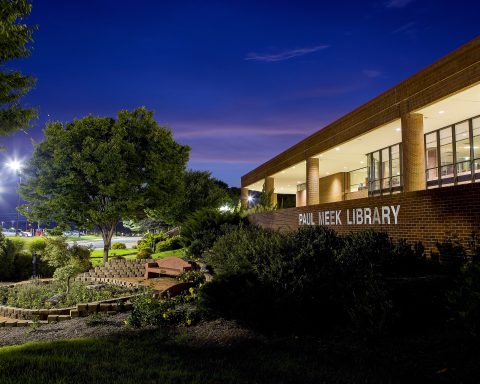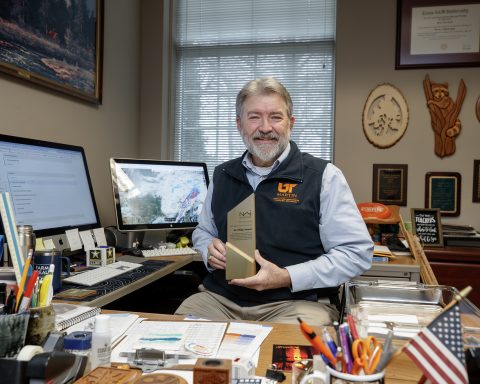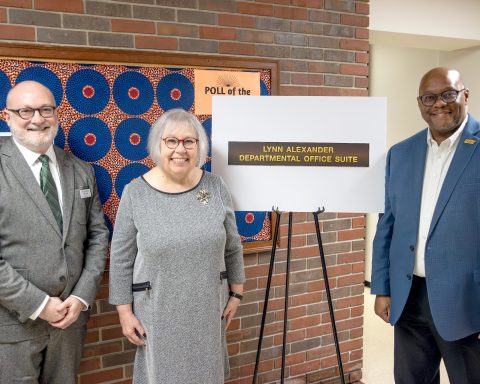Dr. Violet Bumah, an assistant professor of chemistry at the University of Tennessee at Martin, took part in the Carnegie African Diaspora fellowship at the University of Calabar in Nigeria last summer, helping to teach biochemistry, chemistry and microbiology students abroad.
A diaspora (pronounced “die-ASP-oh-rah”) is a group of people who spread from one original country to other countries. One example is of Jewish people who left Israel and spread around the world.
The project is one of 63 newly funded projects that pair African diaspora scholars with higher education institutions and collaborators in Africa to work on curriculum co-development, collaborative research, graduate training and mentoring activities in 2023.
“It’s kind of like an exchange program, but more so to Africa,” said Bumah (pronounced “BOO-mah”). “It funds applications from African-born scholars who want to return to Africa to give back to institutions in Africa.
“You can apply to visit higher education institutions in six countries, including South Africa, Nigeria, Ghana, Kenya, Tanzania and Uganda.”
The application process is competitive and requires approval of a proposal before the Carnegie African Diaspora will fund the fellowship.
“You must have a host to receive you on the other end,” Bumah said. “The institution takes some responsibility as well for your being there.”
Bumah chose to go to Nigeria because she has colleagues there and she trained there, so she felt more comfortable going there. Bumah is from Cameroon in west central Africa, which lies along the eastern border of Nigeria.
The fellowship began May 22 and lasted through Aug. 18.
Bumah’s proposal was for curriculum development at the University of Calabar in southern Nigeria, about 18 miles (30 km) from the border with Cameroon.
“I went to the department of biochemistry,” she said, “The proposal was designed to address three important areas of learning in higher education. The first was for curriculum development, to go through their curriculum and see if we could work on it and enrich it. The second was to teach the students two short courses: photobiomodulation – that’s what my research is on – and a course on advanced gene technology. The third was to do research.”
The host fellow, Dr. Ubana Eteng; the head of the department, Dr. Bob Mbgeje; and the dean of graduate school, Dr. Eyong Ubana – as well as the entire Department of Biochemistry at the University of Calabar – organized workshops with Bumah.
“One of the highlights of my visit was an international workshop that had speakers from Switzerland, France and the United States,” Bumah said. “It was a workshop that was attended by the entire College of Medical Sciences.
“A take-home message for my visit is that I am very appreciative of my journey and where I am now. This fellowship reminded me of how privileged we are here, especially for the things we take for granted. We are blessed with a lot of equipment and advanced technology in our institutions of higher learning in the diaspora, whereas there are minimal resources at my host institution and perhaps other institutions in the region, but the students and faculty maximize the use of these equipment.”
Bumah said she discussed working with counterparts to apply for equipment grants and explore the opportunity of establishing a student-exchange program between UT Martin and the University of Calabar.
“The problem is funding,” she said. “One student asked, ‘Will you take me in your lab?’ and I said, ‘It doesn’t work that way.’ More than 10 students said they wanted to visit the United States, but I told them, ‘You need to get funding for it. If we get the funding, then we can talk to the university about it.’”
Bumah said her presence was well-received, and she is still getting emails from professors and students from the University of Calabar. She said the students were excited to have an American professor who was from Africa.
“My office over there was flooded every day,” she said. “When one student left, another would come in.
“The thing is: A lot of them saw themselves in me. That’s where I came from: humble beginnings. I told them that I came from the same institutions as them with limited resources, and they said, ‘Look where you are now.’ I told them that if they can dream it, they can achieve it.”
Bumah said she enjoyed the experience and would like to take part in it again, perhaps at another university.
The Carnegie African Diaspora Fellowship Program is funded by Carnegie Corporation of New York and managed by the Institute of International Education in collaboration with the Association of African Universities.
Photo: Dr. Violet Bumah (center) teaches a course in photobiomodulation at the University of Calabar in Nigeria. The students were excited to have an African=born professor from the United States teaching them.

